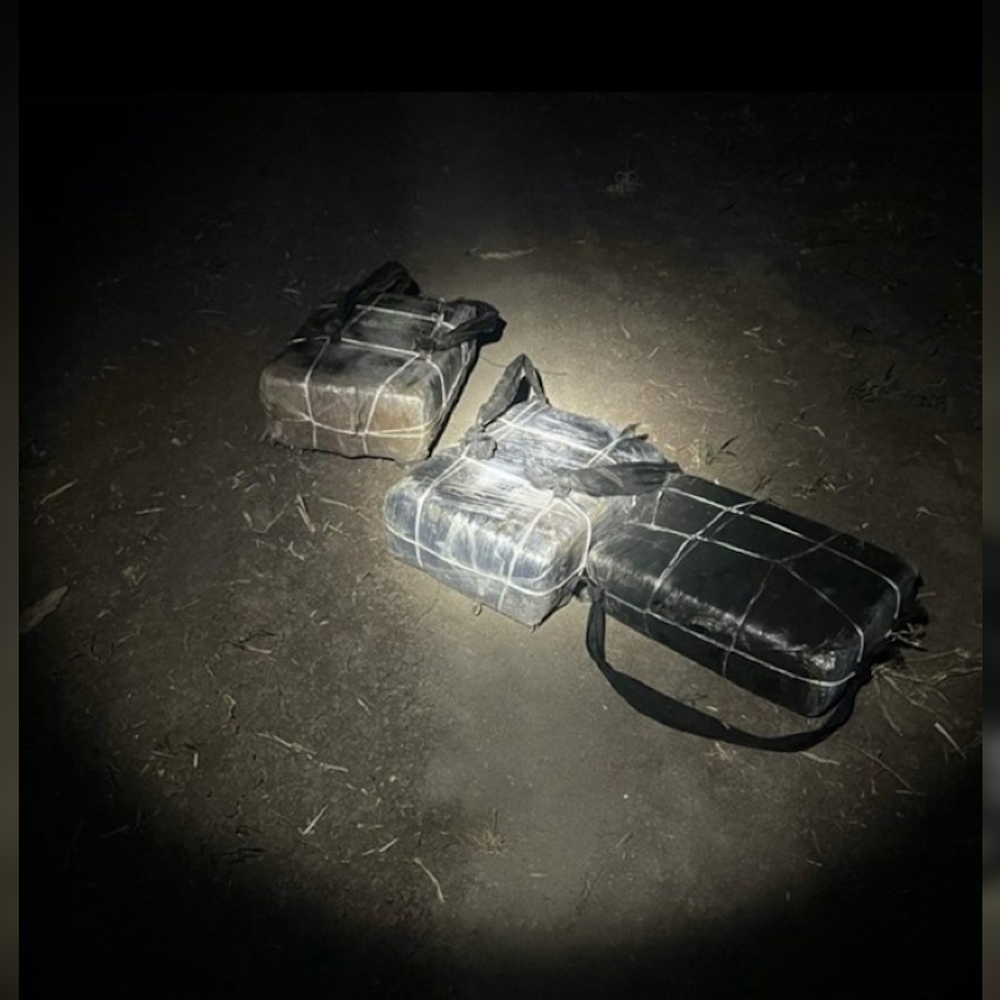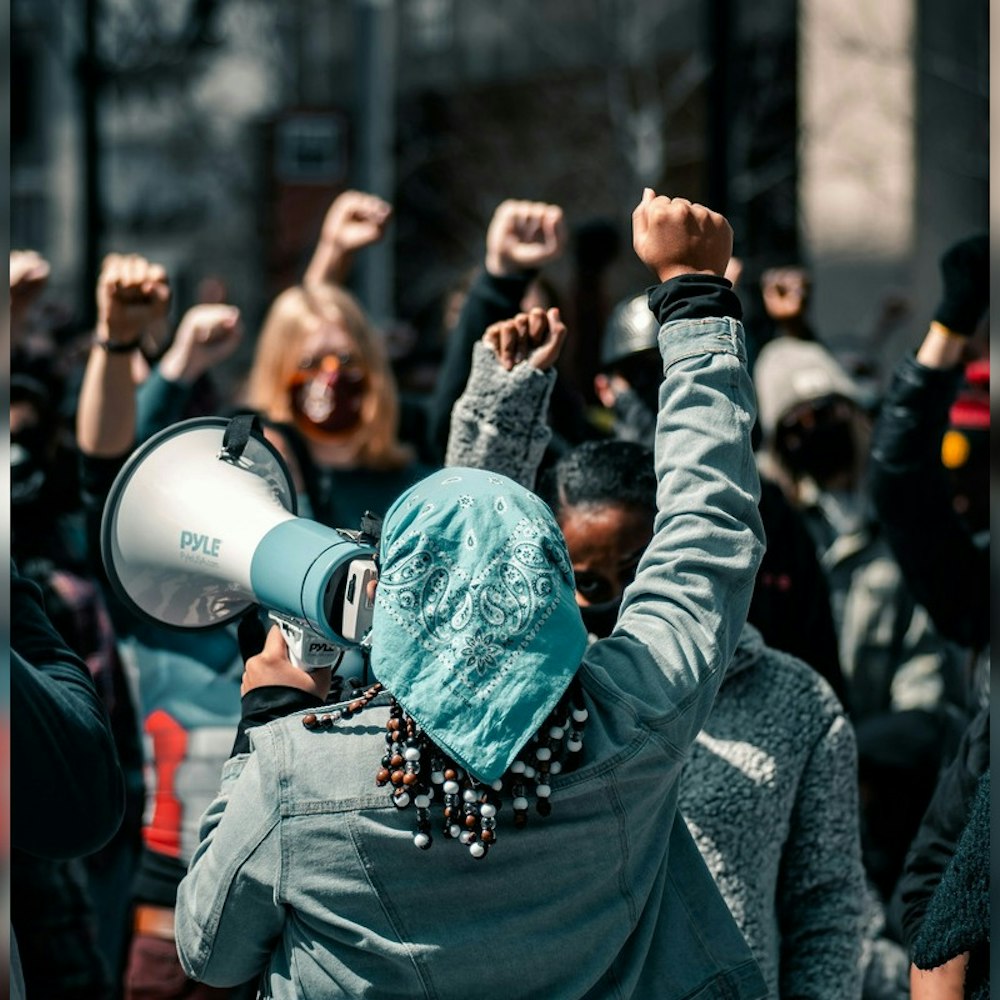
A student at Harvard University took a ding in the courtroom earlier this month, as a judge ruled against Theo J. Harper '25 in his lawsuit with the Harvard International Relations Council (IRC). According to The Crimson, Harper, who represented himself, was taking the IRC to task in small claims court over his temporary ousting from the organization after redirecting $170,000 of its funds to an unofficial account in what he dubbed a "financial stress test."
During the proceedings that unfolded on April 9, Harper argued to have been wrongfully removed, costing him a personal financial impact of $7,000. Despite his fervent self-representation, the Cambridge District Court decided to quickly to dismiss Harper's claims on April 10. Given the nature of small claims court, Harper's defeat leaves him with no option for appeal. Harvard College spokesperson Jonathan Palumbo kept lips sealed regarding the lawsuit, adhering to a policy against discussing "student-specific matters."
At the heart of Harper's argument was the assertion that his expulsion breached Massachusetts law by not following a compulsory majority vote among charitable organization members before showing someone the door. However, according to court representations reported by The Crimson, IRC's lawyer, Mitchell J. Perne, stiffly refuted Harper's allegations, spotlighting the difference between a temporary removal and an expulsion. Harper counter-punched, labeling his removal as "de facto" expulsion, further citing requirements of "comp" procedures he would allegedly need to re-undergo as evidence of his true expulsion from the IRC.
IRC countered that Harper's post-trial reinstatement proceedings were informed by "many discussions" with Harvard's Dean of Students Office. Indeed, Solene Aubert '24, the IRC president at the time of Harper's removal, mentioned having to stay tightly aligned with guidance from both the administration and law enforcement, explicitly for compliance purposes. Aubert, during the suit, underscored such communication as a key factor in their decision to adopt a temporary suspension as opposed to an outright booting of Harper.
Harper's claims of financial damages also fell on deaf ears, despite him highlighting the material losses he endured in the form of unclaimed benefits from IRC-affiliated events. He specifically noted lost opportunities regarding food, lodging, and a would-have-been-paid retreat to Thailand, tied to his participation in prestigious model United Nations conferences. Judge James R. Ferraro clarified, for the record, that as a charity organization, the IRC wouldn't typically be in the business of paying its members. In the end, despite the heated financial stress test controversy that led to Harper's removal, the result was a definitive legal loss for him. Subsequent to the ruling, Harper remarked to The Crimson that he was "glad" for the "vastly overblown" process to conclude, still asserting the suit ultimately vindicated his position against the expulsion attempt.









